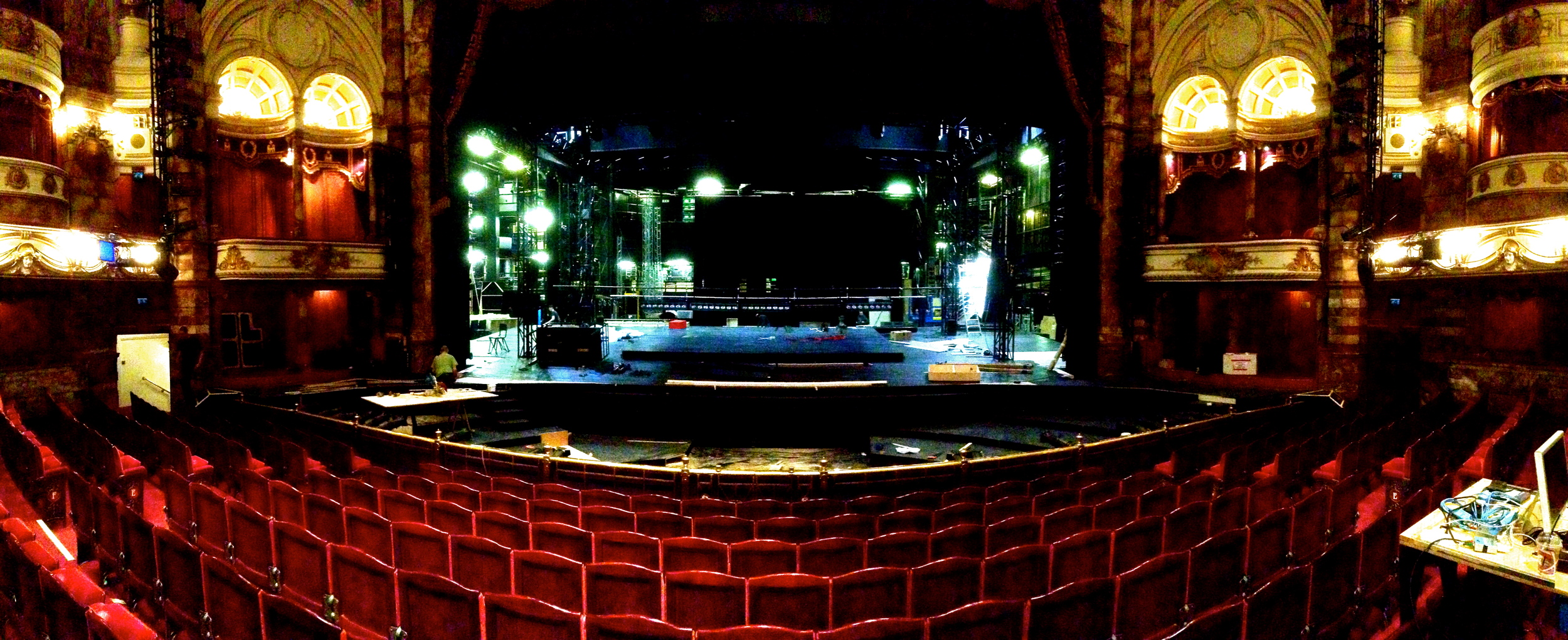As government cuts to the arts continue to plague communities up and down the country, In The Middle discusses the importance of regional theatre…
Regional theatre is often underestimated and misjudged as being an impractical drain on resources and funding, especially when nothing can apparently compare to London’s main stage. However, how can the bright but harsh lights of the capital’s platform be likened to the original and local pieces of performative history that relate to the residents?
The beauty of regional theatre is that the local performances are often raw and visceral in their authenticity; they might not be the polished perfection found in national theatre but it is this simplicity that draws in the audience. It provides a substantial economic boost to regional towns and cities, and is often where some of the most prominent names in the acting industry are born: Sir Ian McKellen, Hugh Bonneville and Sheila Hancock to name a few.
It has been noted that publicly funded theatre results in more opportunities to present a more challenging performance, as well as time to deviate from the norm and experiment. Performing local history creates a living chronicle for those residents that have either lived through it, or whose grandparents did, generating a sense of community that cannot be unearthed through national theatre.
‘The beauty of regional theatre is that the local performances are often raw and visceral in their authenticity’
Watching Shakespeare’s Hamlet or Romeo and Juliet in London, while impressive, is almost mundane in that it is commonplace through its popularity. Under-represented regional theatre productions are unique, innovative and inimitable. Alice Nutter’s My Generation, performed at the West Yorkshire Playhouse in 2013, was reviewed as ‘restless, messy, infuriating, informative, often funny and finally moving’. Spanning local history and its effects, this sense of embedded provincial lair impacts an audience in a way that national theatre perhaps fails to do. Despite this, regional theatre has become synonymous with inadequacy and inefficiency.
In actuality, regional theatre offers a rich and cultural panoply in the face of slashed funding and this misguided, almost stereotypical perception: “Regional theatre is mostly lots of elderly people watching Alan Ayckbourn plays or musicals and drinking wine, that it almost entirely lacks diversity, and that Rupert Goold may indeed have had a point when he suggested that there is a growing gap between what is being presented in London and the regions, that will leave the latter moribund.”
Arts funding is dichotomous in its availability. In 2013 the Rebalancing Our Capital Cultural Report remarked that arts funding heavily leaned towards London’s theatres in a stark comparison with regional theatres. London’s total sum was £69 per head in contrast to £4.58 per head in regional. This lack of funding may result in more basic, perhaps even unsophisticated, performances but this does not diminish the dedication and passion delivered by the performers. If anything, this only fuels their motivation to secure large audiences and ensure more funding.
Justifiably, regional theatre is not for everyone. Many prefer the larger productions of renowned classics and the sense of ‘high culture’ that this instills. However, the uniqueness and ingenuity of regional theatre is arguably unparalleled, and should bear just as much significance as national theatre.
Stephanie Bennett
(Image courtesy of Pete Malkin)

